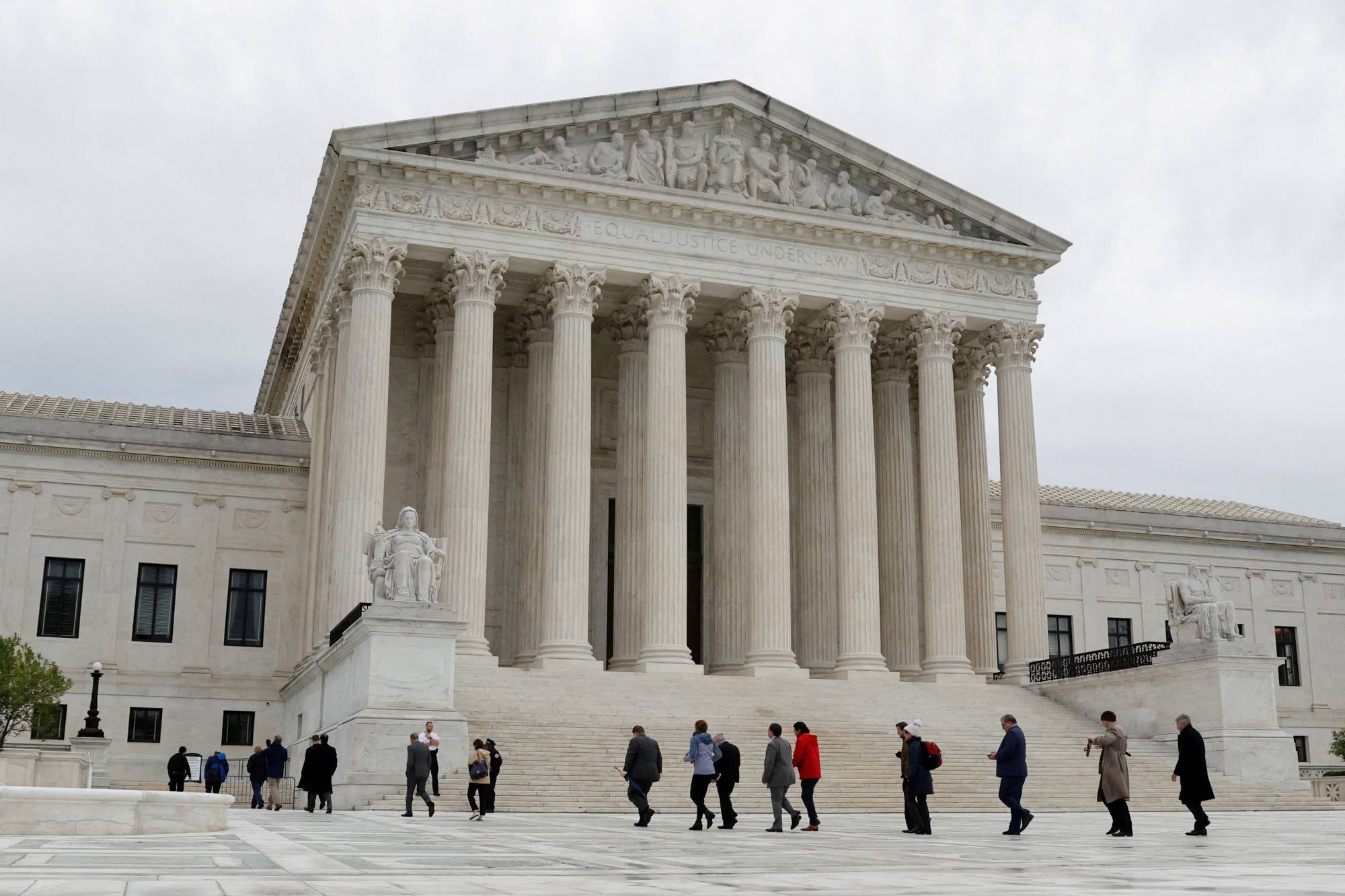The U.S. Supreme Court will decide whether social media companies can be sued for hosting and recommending terrorist content, taking up two cases that challenge their liability protections.
The cases mark the court’s first test of the broad immunity social media companies have enjoyed under a provision known as Section 230, part of the 1996 Communications Decency Act. Section 230 has become a target of conservatives, including former U.S. President Donald Trump, who say it lets left-leaning technology companies censor right-wing voices.
In one case, Alphabet Inc.’s Google is trying to defeat a suit involving Nohemi Gonzalez, a 23-year-old U.S. citizen who was among 129 people killed in coordinated attacks by the Islamic State (IS) group in Paris in November 2015. Gonzalez’s family says Google’s YouTube service, through its algorithms, violated the Anti-Terrorism Act by recommending the terrorist group’s videos to other users.

















With your current subscription plan you can comment on stories. However, before writing your first comment, please create a display name in the Profile section of your subscriber account page.